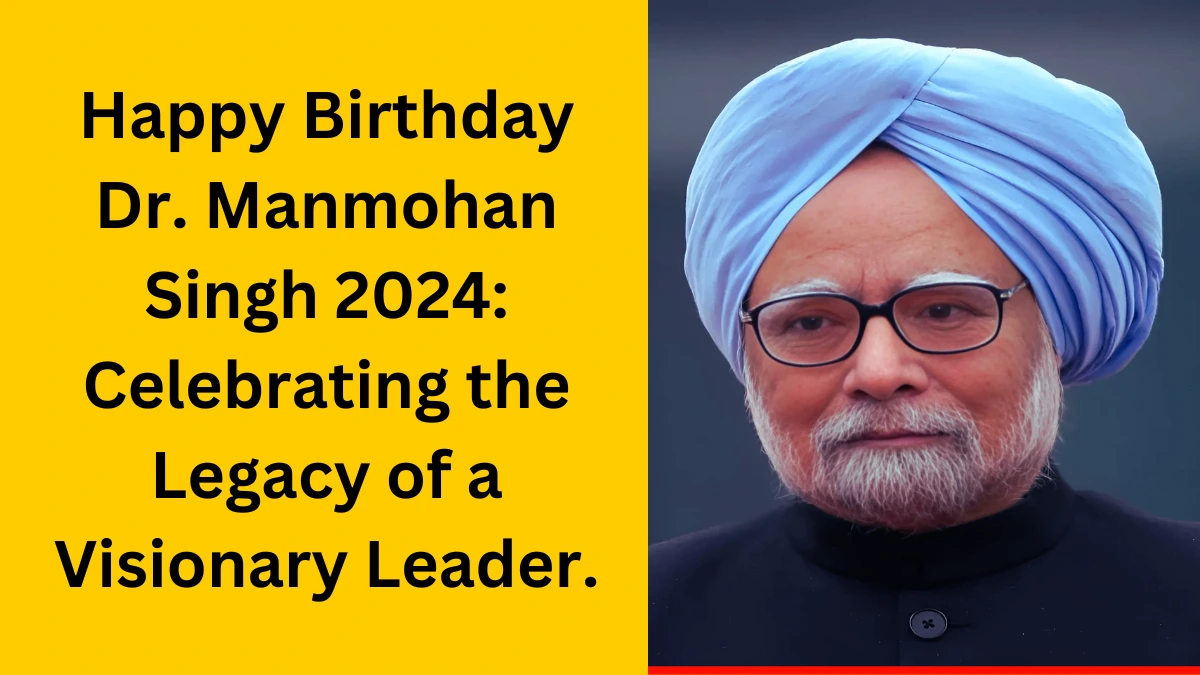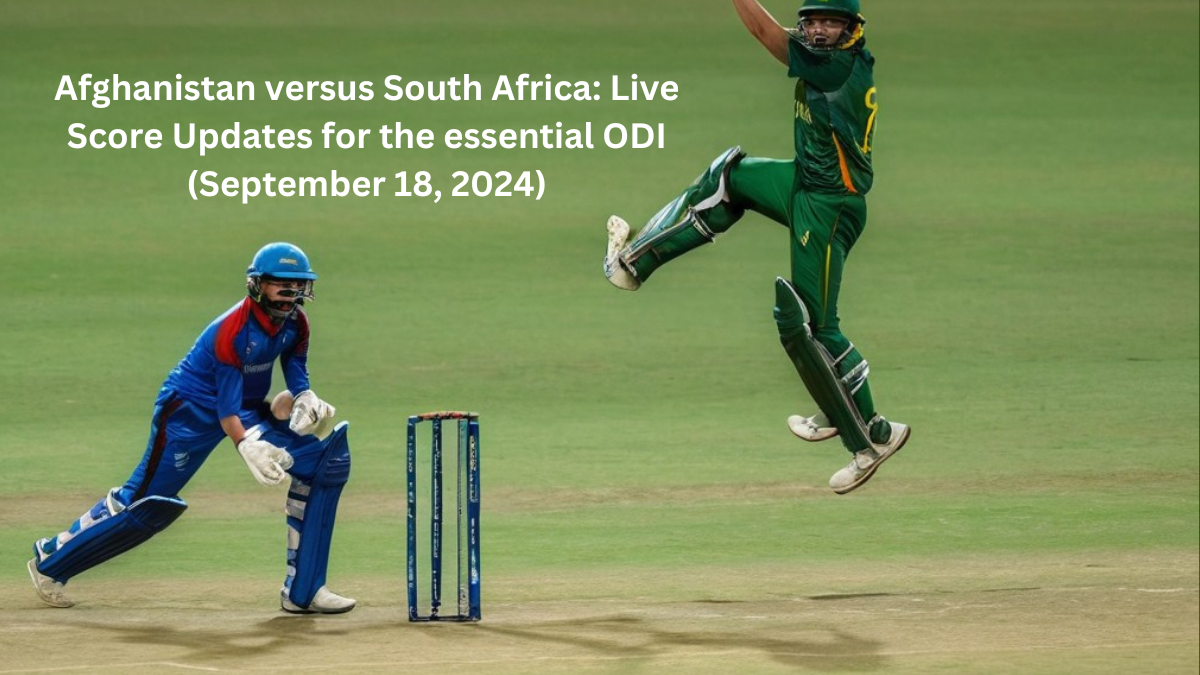Saudi Crown Prince Mohammed bin Salman Saudi Arabia, one of the most influential countries in the Middle East, is undergoing a significant transformation under the leadership of Crown Prince Mohammed bin Salman (MBS). His ambitious vision and bold reforms have the potential to redefine not only the Kingdom but also the geopolitical dynamics of the entire region. This article explores the revolutionary vision of MBS, his key initiatives, and their implications for the Middle East. A New Era of Reform Saudi Crown Prince Mohammed bin Salman Mohammed bin Salman, appointed as Crown Prince in 2017, has introduced a series of reforms under the banner of Vision 2030. This comprehensive plan aims to diversify Saudi Arabia’s economy, reduce its dependency on oil, and transform the Kingdom into a global investment powerhouse. The Crown Prince’s vision encompasses various sectors, including social, economic, and cultural reforms, reflecting a shift towards a more progressive and inclusive Saudi Arabia. Economic Diversification Saudi Crown Prince Mohammed bin Salman At the heart of MBS’s vision is the diversification of Saudi Arabia’s economy. Historically reliant on oil exports, the Kingdom is now exploring alternative revenue streams. Initiatives like the development of the entertainment sector, tourism, and technology are central to this economic shift. The introduction of new economic zones, such as NEOM, a futuristic city powered by renewable energy, underscores the Crown Prince’s commitment to innovation and sustainability. Social Reforms Saudi Crown Prince Mohammed bin Salman MBS has also spearheaded significant social reforms, challenging long-standing traditions and norms. The lifting of the ban on women driving and the relaxation of guardianship laws are landmark changes that have garnered international attention. These reforms aim to empower Saudi citizens, particularly women and the youth, by providing them with more opportunities and freedoms. Foreign Policy and Regional Influence Saudi Crown Prince Mohammed bin Salman Under MBS, Saudi Arabia’s foreign policy has become more assertive and pragmatic. The Crown Prince’s efforts to build stronger ties with global powers and engage in regional diplomacy reflect his desire to position Saudi Arabia as a leader in the Middle East. His role in the Saudi-led coalition in Yemen and efforts to counter Iranian influence in the region highlight the Kingdom’s proactive stance in addressing regional security challenges. Challenges and Criticisms Despite the ambitious nature of his reforms, MBS faces significant challenges. Resistance from conservative factions within the Kingdom, economic hurdles, and regional tensions pose obstacles to the realization of his vision. Additionally, the Crown Prince has faced international criticism over human rights issues, particularly following the killing of journalist Jamal Khashoggi. These challenges underscore the delicate balance MBS must maintain between modernization and tradition. Implications for the Middle East The transformative vision of MBS has far-reaching implications for the Middle East. His reforms could serve as a model for other countries in the region, promoting economic diversification and social progress. Saudi Arabia’s increasing involvement in regional affairs could also lead to a realignment of alliances and power dynamics. As the Kingdom positions itself as a key player in the Middle East, its actions and policies under MBS’s leadership will undoubtedly shape the future of the region. Conclusion Crown Prince Mohammed bin Salman’s revolutionary vision for Saudi Arabia represents a bold and ambitious attempt to redefine the Kingdom’s role in the world. His reforms, while met with both support and criticism, have the potential to transform Saudi Arabia and influence the broader Middle East. As the region navigates the complexities of modernization and tradition, MBS’s leadership will continue to be a game changer, heralding a new era of reform and progress.
Hot News
About
मिलिए अनुभवी पत्रकार कुलदीप कुमार से जो सटीक और नवीनतम समाचार प्रदान करने के लिए समर्पित हैं। अपनी विश्वसनीयता और मजबूत नैतिक मानकों के लिए जाने जाने वाले, उन्होंने अपने पूरे करियर में कई विषयों को कवर किया है। कुलदीप ने राजनीति, खेल, मनोरंजन और प्रौद्योगिकी सहित कई विषयों को कवर किया है। उनका लक्ष्य ऐसी खबरें पहुंचाना है जो सूचित और सशक्त बनाती हैं पाठकों को महत्वपूर्ण घटनाओं और मुद्दों से अपडेट रहने में मदद मिलती है।
Recent Post
- All Post
- Blog
- Back
- SARKARI JOBS
- FINANCE
- HEALTHCARE
- TECHNOLOGY AND GADGETS
- EDUCATION
- AUTOMOTIVE
- HOME IMPROVEMENT
- LUXURY GOODS
- SPORT
- Entertainment
- news
© 2024 Created with TRENDYTOPIC.IN



